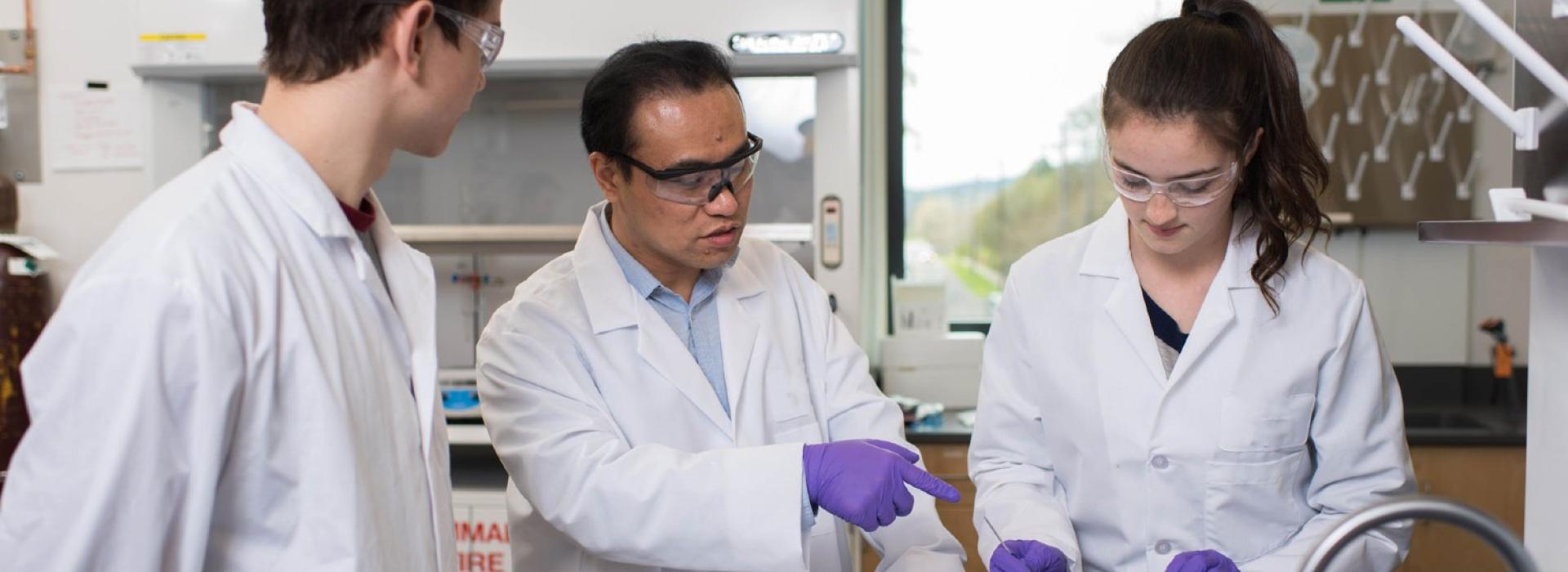
The National Science Foundation has selected Oregon State University as one of 16 research institutions to receive Phase 1 grants for the 2023 Convergence Accelerator program’s Track I: Sustainable Materials for Global Challenges, a $11.5 million investment targeting a global need for critical materials in infrastructure, health care, national security, and energy. Established in 2019, the Convergence Accelerator advances solutions developed from cooperative, interdisciplinary research aimed at making positive societal impacts and promoting a circular economic approach.
“Creating environmentally — and economically — sustainable materials and products is critical to our future,” said Erwin Gianchandani, NSF assistant director for technology, innovation, and partnerships. “The use-inspired solutions in which we are investing … will advance the circular design of materials and manufacturing processes to reduce pollution and waste.”
Oregon State’s team, dubbed Brine Miners, includes representatives from academia, industry, and government agencies. It is led by Zhenxing Feng, associate professor of chemical engineering; Kelsey Stoerzinger, assistant professor of chemical engineering; Chih-Hung Chang, professor of chemical engineering; and Astrid Layton, assistant professor of mechanical engineering at Texas A&M University.